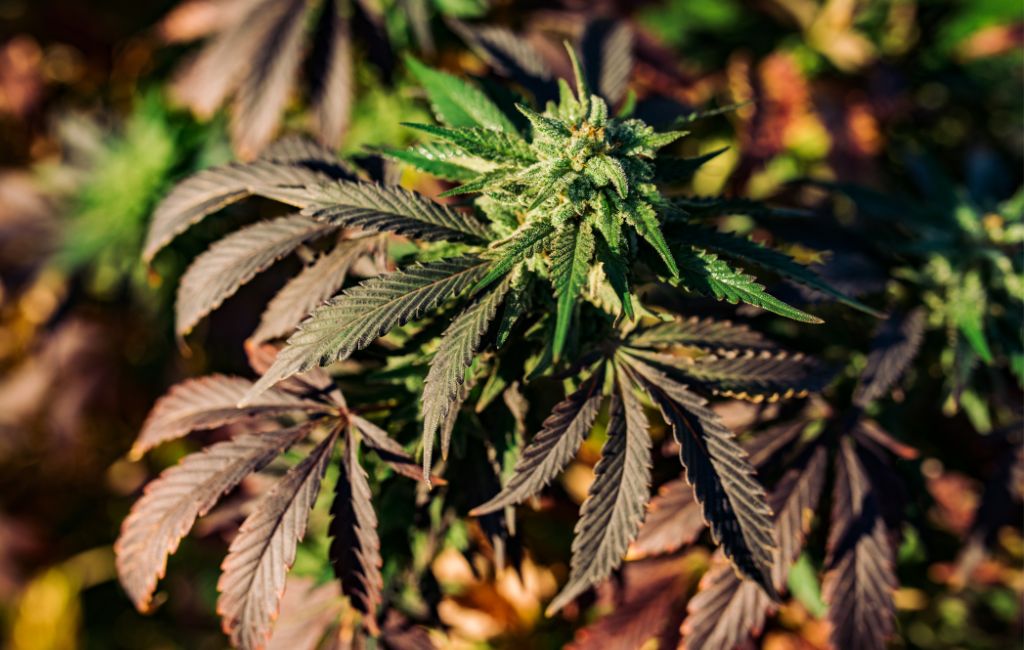Unlocking THCa Flower Benefits
The world of cannabis is vast and ever-evolving, with new discoveries and innovations emerging regularly. One such discovery that has garnered significant attention is THCa, or tetrahydrocannabinolic acid. This compound, found in raw cannabis, is the precursor to THC, the psychoactive component that many are familiar with. Understanding the THCa flower benefits can open up new possibilities for both recreational and medicinal users.
Understanding THCa
THCa is a non-psychoactive cannabinoid found in the raw cannabis plant. Unlike THC, it does not produce the “high” associated with cannabis consumption. This is because THCa must be decarboxylated, a process that involves heating, to convert into THC. This transformation is what activates the psychoactive properties.
Despite its non-psychoactive nature, THCa offers a range of potential benefits. Research suggests that it may have anti-inflammatory, neuroprotective, and antiemetic properties. These attributes make it an intriguing option for those seeking therapeutic effects without the psychoactive experience.
Potential Health Benefits
THCa’s potential health benefits are diverse and promising. Here are some areas where it may offer support:
- Anti-inflammatory Properties: Inflammation is a common underlying factor in many chronic conditions. THCa has shown potential in reducing inflammation, which could be beneficial for conditions like arthritis and inflammatory bowel disease.
- Neuroprotective Effects: Preliminary studies suggest that THCa may help protect brain cells, offering potential benefits for neurodegenerative diseases such as Alzheimer’s and Parkinson’s.
- Antiemetic Benefits: THCa may help reduce nausea and vomiting, making it a potential option for those undergoing chemotherapy or dealing with other conditions that cause these symptoms.
Consumption Methods
There are several ways to consume THCa flowers, each offering unique experiences and benefits. Here are some popular methods:
- Juicing: Consuming raw cannabis through juicing is a popular method for those seeking the benefits of THCa. This method preserves the compound in its natural state, allowing users to experience its potential health benefits without psychoactive effects.
- Tinctures: THCa tinctures are another option, providing a convenient way to consume the compound. These tinctures can be added to food or beverages, offering flexibility in consumption.
- Topicals: For localized relief, THCa-infused topicals can be applied directly to the skin. This method is particularly useful for addressing inflammation and pain in specific areas.
Case Studies and Research
Several studies and anecdotal reports highlight the potential benefits of THCa. For instance, a study published in the British Journal of Pharmacology found that THCa exhibited anti-inflammatory properties in animal models. Another study in the Journal of Neuroimmune Pharmacology suggested that THCa might have neuroprotective effects, offering hope for those with neurodegenerative conditions.
Anecdotal evidence from patients and healthcare providers further supports these findings. Many individuals report experiencing relief from symptoms such as pain, inflammation, and nausea after incorporating THCa into their wellness routines.
Legal Considerations
The legal status of THCa can vary depending on location. In some areas, it is considered legal due to its non-psychoactive nature. However, it’s important to be aware of local regulations and laws regarding cannabis and its derivatives.
As the cannabis industry continues to evolve, more regions are recognizing the potential benefits of cannabinoids like THCa. This shift may lead to broader acceptance and availability in the future.
Conclusion
THCa flowers offer a unique opportunity to explore the benefits of cannabis without the psychoactive effects associated with THC. With potential health benefits ranging from anti-inflammatory to neuroprotective properties, THCa is an exciting area of research and application. As more studies emerge and legal landscapes shift, the accessibility and understanding of THCa will likely continue to grow, providing new avenues for those seeking alternative wellness solutions.
